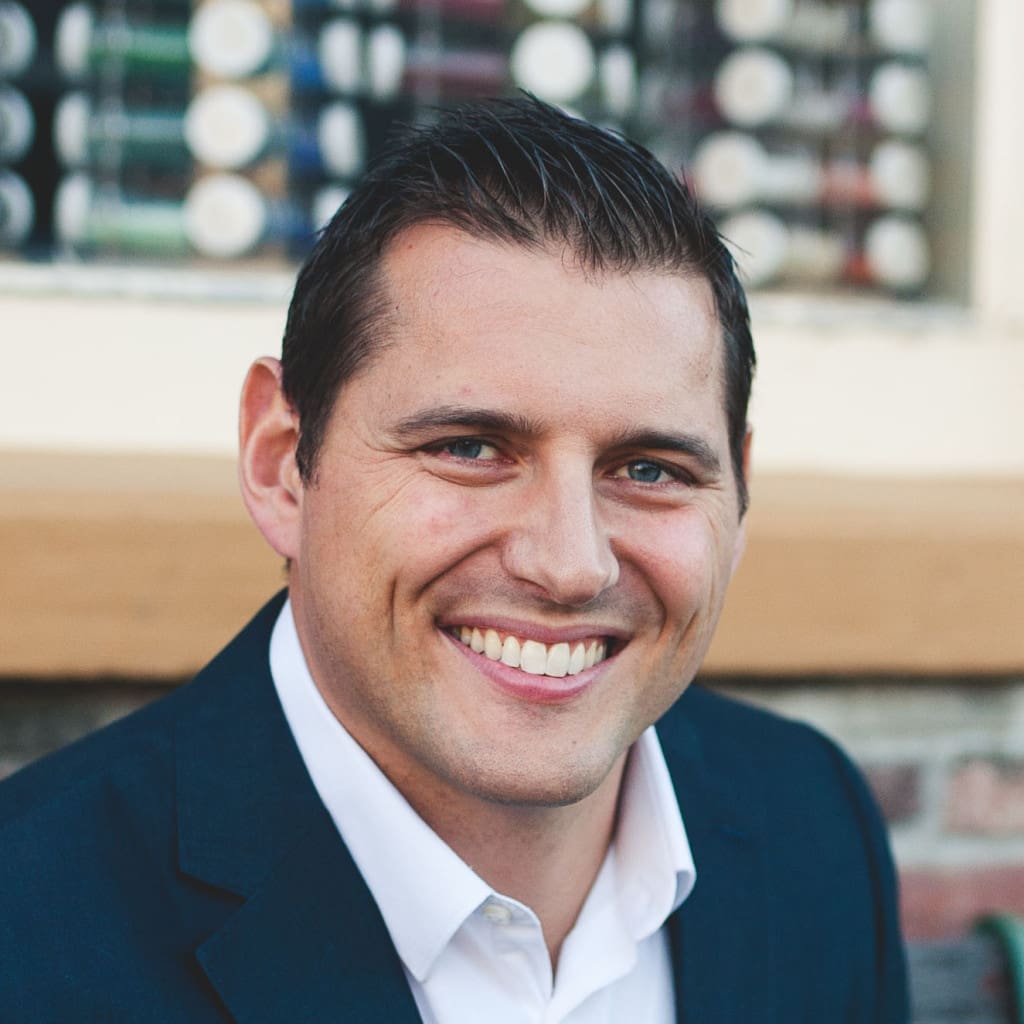
The importance of modesty . . . for MEN
Before we walk down this minefield, let’s set the record straight: this is also a guyissue, not just one for the ladies (and I’m not referring here to men simply “guarding their eyes”). I for one was completely enslaved to the idolatry of my physique for many years before my conversion. I lived for seeing improvement in the mirror—each night and every morning; in fact, this was why I worked out so hard—even though my supposed reason was football.
The Beauty of the Person
For John Paul II, the person is a unique entity of inherent dignity and worth; in his famous two-fold dictum, persons are (1) not to be used and (2) the “person is a kind of good to which only love constitutes the proper and fully-mature relation” (all JP II quotes are from Love and Responsibility, which he originally wrote as Karol Wojtyla). Thus, when it comes to persons, negatively, they cannot be used as mere objects; and, positively, they must be loved.
As embodied persons, we also have what Wojtyla calls “sexual values.” Modesty enters here as that tendency to conceal our sexual values—not because they are inherently bad, but to ensure that they don’t overshadow our dignity as persons. In Wojtyla’s words: “The spontaneous need to conceal the sexual values linked to the person is a natural way to unveil the value of the person himself.” In other words, the sexual values of the person are good; but their proper place is in the context of the whole—the whole person. But when the sexual values overshadow the whole, the person becomes a potential object of use.
It is in this sense that pornography reveals—not too much, but too little: that is, too little with respect to the whole dignity of the person; it incites the viewer to see only one aspect—the sexual values—as all that matters. Pornography, therefore, “obscures the essential value of the person.”
Intent and Function
The first place to start regarding modesty is intent (see my wife’s book, Emotional Virtue, ch. 10). Wojtyla writes: “What is [immodest] in dress is that which clearly contributes to a deliberate obscuring of the most essential value of the person by the sexual values”—that is, when someone deliberately seeks to accentuate their sexual values in a way that overshadows their dignity as persons.
In terms of concrete specifics, Wojtyla points to the consideration of function of an outfit, for example, “during physical labor in hot weather, while [swimming], or at the doctor.” If the clothing essentially serves the function, then it’s not immodest: “When a person uses dress like that within the framework of its objective function, then we cannot see [immodesty] in this.”
But Wojtyla then follows, noting that to employ such dress outside the context of its specific functiondoes become immodest. For the dress no longer serves the function, but is worn for some other reason, presumably to get attention.
Working Out
A common place where people struggle with modesty is working out. On the one hand, one might say that work out clothing serves the function of working out. And to some extent, this is true. But here’s the question: would you wear this same outfit if there were no mirrors, or if you thought no one would see you? If the answer is “no,” then the outfit is not justabout function. I know in my pre-conversion years I intentionally looked for opportunities to show off my workout gains (e.g., taking off my shirt when I didn’t need to)—after all, this was ultimatelywhyI was working out.
And this obsession with physique led to a desire to be noticed in that way, which in turn fostered unhealthy relationships. In other words, the “cult of the body”—which consumed me earlier in life—is directly related to our pursuit of purity and chastity.
For me, when I encountered Christ, I found a deeper meaning in life and my mind and heart began to change. And when I stopped worshipping at the altar of the “body,” it went a long way toward transforming my purity.
_______________________________
 Andrew Swafford is Associate Professor of Theology at Benedictine College. Among his publications are Spiritual Survival in the Modern World: Insights from C.S. Lewis’ Screwtape Lettersand John Paul II to Aristotle and Back Again: A Christian Philosophy of Life. He and his wife, Sarah, live with their children in Atchison, KS.
Andrew Swafford is Associate Professor of Theology at Benedictine College. Among his publications are Spiritual Survival in the Modern World: Insights from C.S. Lewis’ Screwtape Lettersand John Paul II to Aristotle and Back Again: A Christian Philosophy of Life. He and his wife, Sarah, live with their children in Atchison, KS.